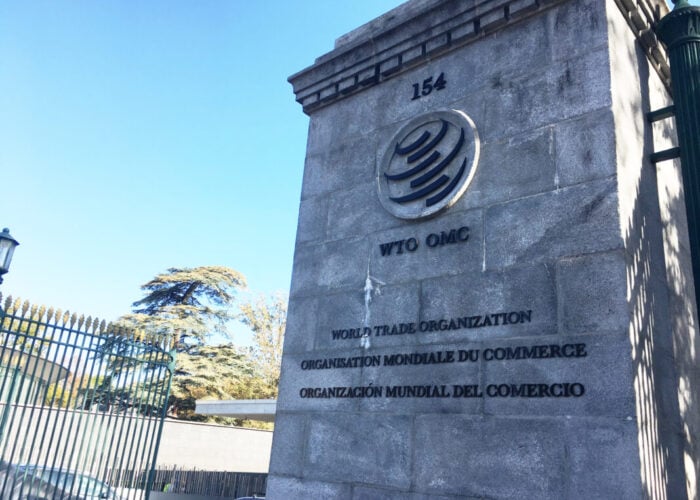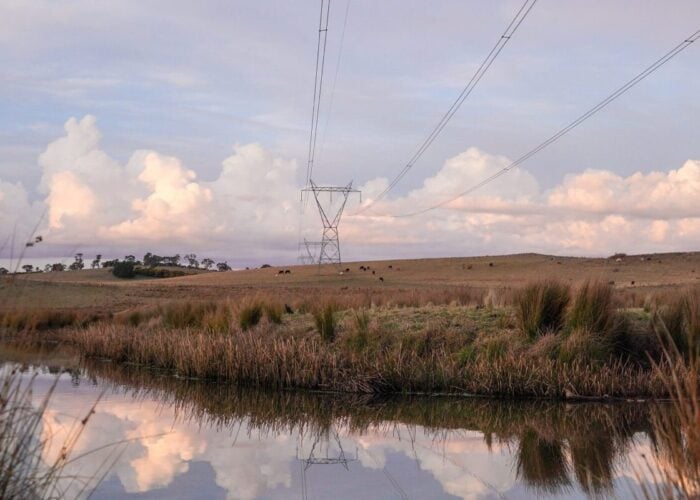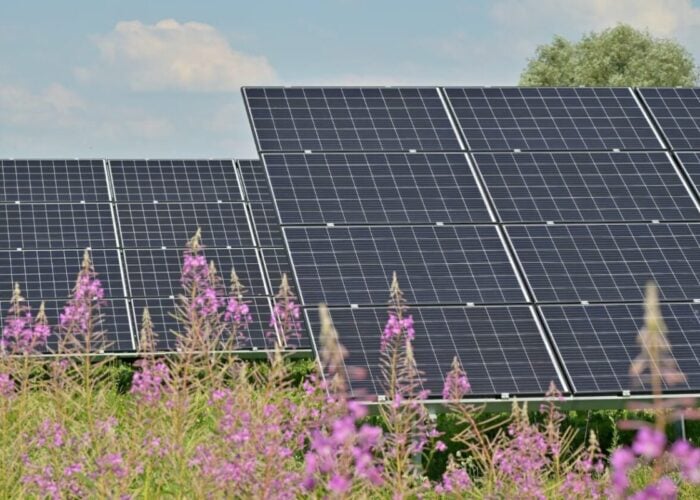
Manufacturing support for solar components and clean energy tax credits are included in a proposed US budget reconciliation bill from Senate Democrats that proponents have said features the biggest climate and renewables investment in the country’s history.
Senator Joe Manchin announced he struck a deal with Senate Majority Leader Chuck Schumer to vote on the legislation, dubbed the Inflation Reduction Act 2022, which he said “will advance a realistic energy and climate policy”.
Try Premium for just $1
- Full premium access for the first month at only $1
- Converts to an annual rate after 30 days unless cancelled
- Cancel anytime during the trial period
Premium Benefits
- Expert industry analysis and interviews
- Digital access to PV Tech Power journal
- Exclusive event discounts
Or get the full Premium subscription right away
Or continue reading this article for free
Set to put the US on a path to a 40% emissions reduction by 2030, the policy package includes US$369 billion in energy security and climate change programmes over the next ten years.
Some US$30 billion will be earmarked for production tax credits to accelerate US manufacturing of solar panels, wind turbines, batteries and critical minerals processing. That is in addition to US$10 billion of investment tax credits to build clean technology manufacturing facilities, such as factories that make solar modules, wind turbines and electric vehicles (EVs).
According to Senate Democrats, such incentives will help alleviate inflation and reduce the risk of future price shocks by bringing down the cost of clean energy and EVs and relieving supply chain bottlenecks.
Under the proposals, the solar manufacturing tax credits are as follows:
- Modules would receive US$0.07, multiplied by the capacity of the module (on a per direct current watt basis)
- Thin-film or crystalline PV cells would get US$0.04, multiplied by the cell’s capacity (on a per direct current watt basis)
- Wafers would secure US$12 per square metre
- Polymeric backsheets would receive US$0.40 per square metre
- Solar-grade polysilicon would get US$3 per kilogramme
Those credits are broadly in line with manufacturing support included in the Solar Energy Manufacturing for America (SEMA) Act, first proposed by Senator Jon Ossoff last year.
The Inflation Reduction Act also includes tax credits for clean sources of electricity and energy storage and roughly US$30 billion in targeted grant and loan programmes for states and electric utilities to accelerate the transition to clean electricity.
As part of efforts to help consumers install technologies that will lower emissions and bills, the legislation features ten years of consumer tax credits to make homes energy efficient and run on clean energy, making rooftop solar more affordable.
Our legislation will be the greatest pro-climate legislation that has ever been passed by Congress
— Chuck Schumer (@SenSchumer) July 28, 2022
It fights the climate crisis with the urgency the situation demands and puts the U.S. on a path to roughly 40% emissions reductions by 2030, all while creating new good-paying jobs
“By a wide margin, this legislation will be the greatest pro-climate legislation that has ever been passed by Congress,” said Schumer, adding the Senate will vote on the legislation next week.
Manchin’s about-turn follows reports earlier this month that the West Virginia senator, a key swing vote in a Senate split 50-50 between Democrats and Republicans, would not support climate spending as part of a reconciliation package.
The bill will “ensure our country invests in the energy security and climate change solutions we need to remain a global superpower”, said Manchin, adding that it will invest in hydrogen, nuclear, renewables, fossil fuels and energy storage.
Clean energy tax credits included in the package will translate into the rapid deployment of affordable, reliable clean energy and create thousands of new domestic jobs, said Heather Zichal, CEO at trade body the American Clean Power Association.
“The entire clean energy industry just breathed an enormous sigh of relief,” she added. “This is an 11th-hour reprieve for climate action and clean energy jobs, and America’s biggest legislative moment for climate and energy policy.”
Abigail Ross Hopper, CEO at trade body the Solar Energy Industries Association, said: “This is a crucial window of opportunity that we cannot miss, and now Congress must seal the deal and pass this legislation.”






